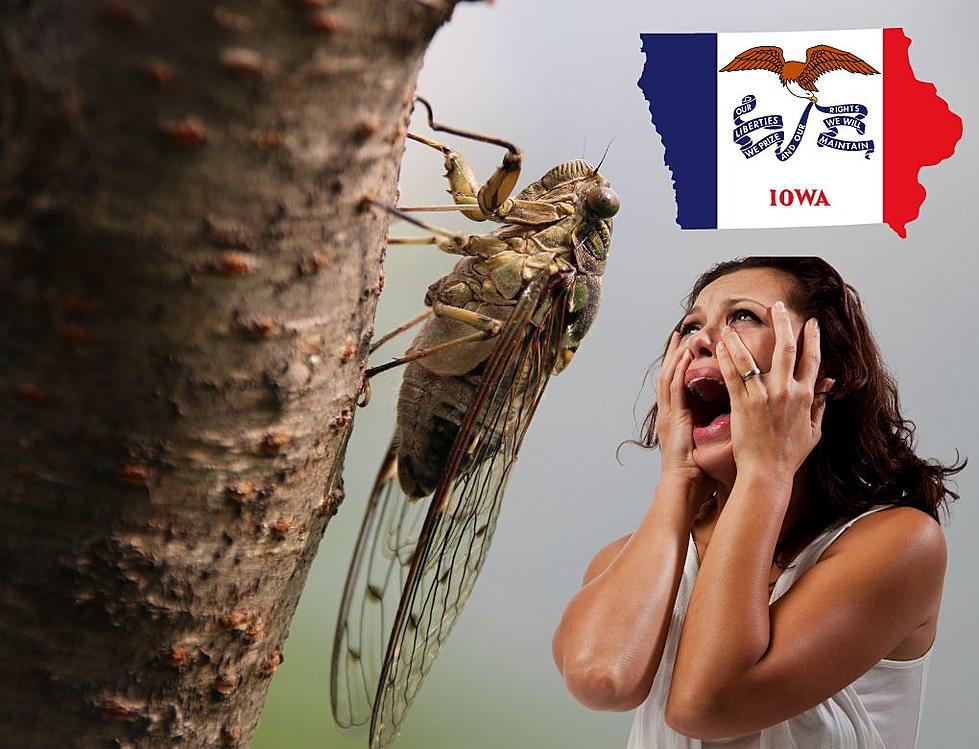
South Asia Refugees Continue To Live A Farming Lifestyle In Iowa
When refugees first arrive in the United States, typically they are only getting around 90 days of formal support, which can be difficult for those facing language and cultural barriers.

Tika Bhandari moved to the United States with her family in 2008 from the South Asian country of Bhutan. Back in Bhutan, Bhandari’s parents were farmers- something they thought they lost when they moved to the US.
This was not the case. Bhandari and her family got connected with Lutheran Services’ Global Greens program, an Iowa-ran program that helps connect former farmers with the land, says an article in KCCI.
One barrier that Bhandari and her family thought would make getting back on the farm unobtainable is the language barrier. The Global Greens program also helps refugees overcome this hurdle.
"As people go through our training program and they graduate, we work with them to move onto their own land where they rent or purchase farms in the Des Moines area," Daniel Bowser, a supervisor with LSI's Immigrant and Refugee Community Services told KCCI.
As a farmer in the program, Bhandari tells KCCI that they started with a 50x50 plot. As they work through the program, they work their way up. Now they are on a quarter-acre plot.
People in the program have the opportunity to create their own businesses through CSA’s or take part in the Global Greens Farmers Market. This market runs on Saturdays from May to October in Des Moines.
There is also a community garden where around 200 people take part in West Des Moines. These vegetables are also sold at the farmer’s market.
Farmers Markets in the Cedar Valley & NE Iowa - List
Farms For Sale In Eastern Iowa
More From AM 950 KOEL
![John Deere’s Biggest Tractor Will Be Built In Waterloo [PHOTOS]](http://townsquare.media/site/726/files/2024/02/attachment-Waterloo-Tractor-1.jpg?w=980&q=75)
![Eastern Iowa FFA Chapter’s ‘Tractor’ Video Goes Viral [WATCH]](http://townsquare.media/site/675/files/2024/02/attachment-tractors.jpg?w=980&q=75)




![Game-Changer Alert: ISU’s Viral Pork Campaign Just Got Even Better [WATCH]](http://townsquare.media/site/726/files/2023/11/attachment-cook-moore-hamman.jpg?w=980&q=75)


